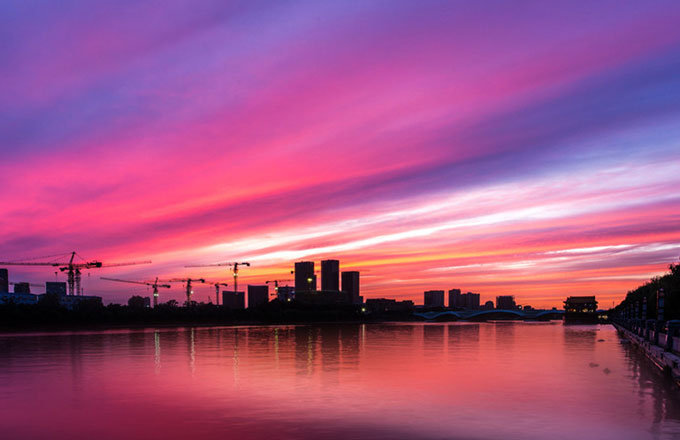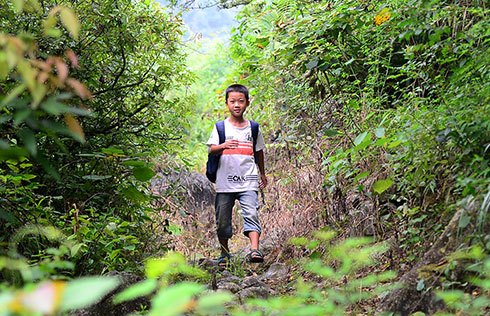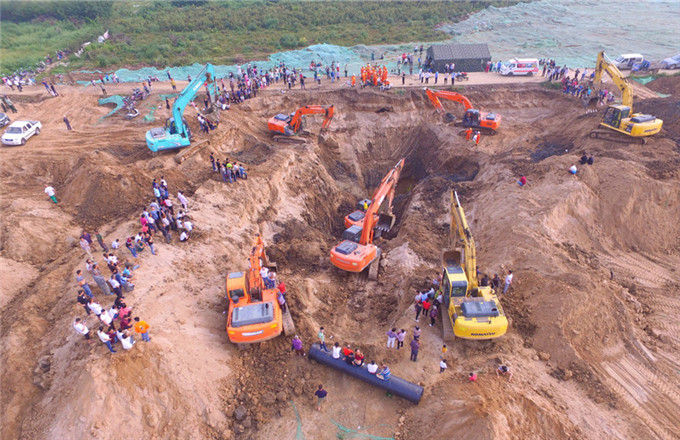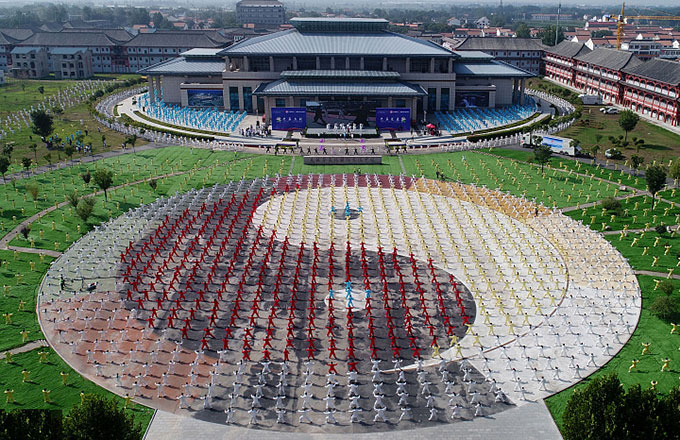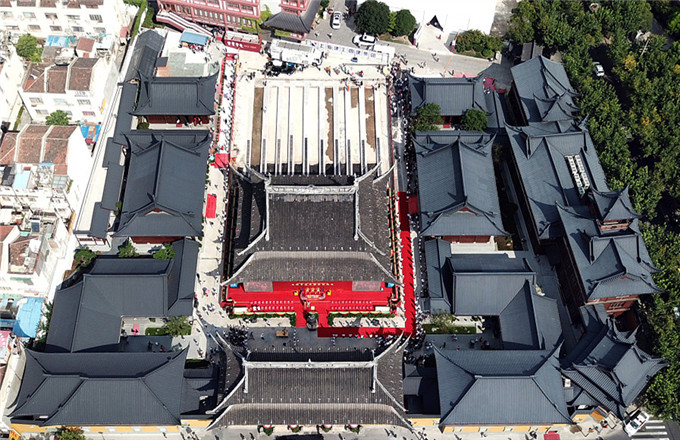China's strengthened pollution laws yield results
China's strengthening of the implementation of environmental laws is yielding results: the number of polluting companies punished almost doubled in July. The strategy and other measures are aimed at deterring polluters and reducing air pollution in winter.
“In July, 3,416 cases involving various violations of environmental law and regulations were found and punished nationwide, an increase of 92 percent year-on-year,” said Tian Weiyong, head of the Ministry of Environmental Protection’s environment monitoring bureau, on Tuesday.
Among the violations, 835 companies were required to suspend production or shut down, an increase of 128 percent compared to July 2016, and 255 companies were transferred to judicial organs due to their severe pollution, an increase of 55 percent, Tian said.
The revised Environmental Protection Law and its supportive regulations, effective since Jan 1, 2015, have presented environmental officials a wider range of punishment powers, such as sealing production equipment, issuing daily, uncapped fines, suspending production or shutting down, and transferring cases with severe pollution to judicial organs for further investigation, making it China’s strictest anti-pollution legislation, as the ministry said.
Tian added that in the first seven months the country’s environmental bureaus issued daily, uncapped fines totaling 761 million yuan ($116 million), a heavy blow to polluters.
Ministry data in the first seven months showed provinces with severe pollution, especially smog-prone provinces, have taken a tougher stand against the polluting companies.
The Beijing-Tianjin-Hebei region and its neighboring Shandong, Shanxi and Henan provinces, in total, have punished over 4,400 polluting companies with the tools granted by the law and regulation, accounting for 21 percent of the national total.
The ministry praised Shandong and three other provinces for their the good performance in implementing the law and regulations in July.
But for the city cluster in the Beijing-Tianjin-Hebei region and its neighboring provinces, prone to smog, especially in winter, more has to be done to tackle expected air pollution in the coming winter.
The ministry warned on Sunday that weather conditions are likely to be warmer and more humid due to the Arctic icecap melting and warming of the Pacific Ocean, which means it will be“unfavorable to disperse pollutants”.
The 28 major cities in the region will have extra inspections from the ministry and the central government in autumn and winter, said Liu Changgen, deputy head of the ministry's inspection bureau on Friday. He added that the performance in tackling air pollution will affect government officials' annual evaluation, giving them more attention.
On the other hand, the ongoing inspection sent by the central government, covering Shandong and seven other provincial regions, have received over 44,100 public reports on pollution. Over 4,100 government officials were held accountable for their poor performance in environmental protection, the ministry said on Tuesday.




